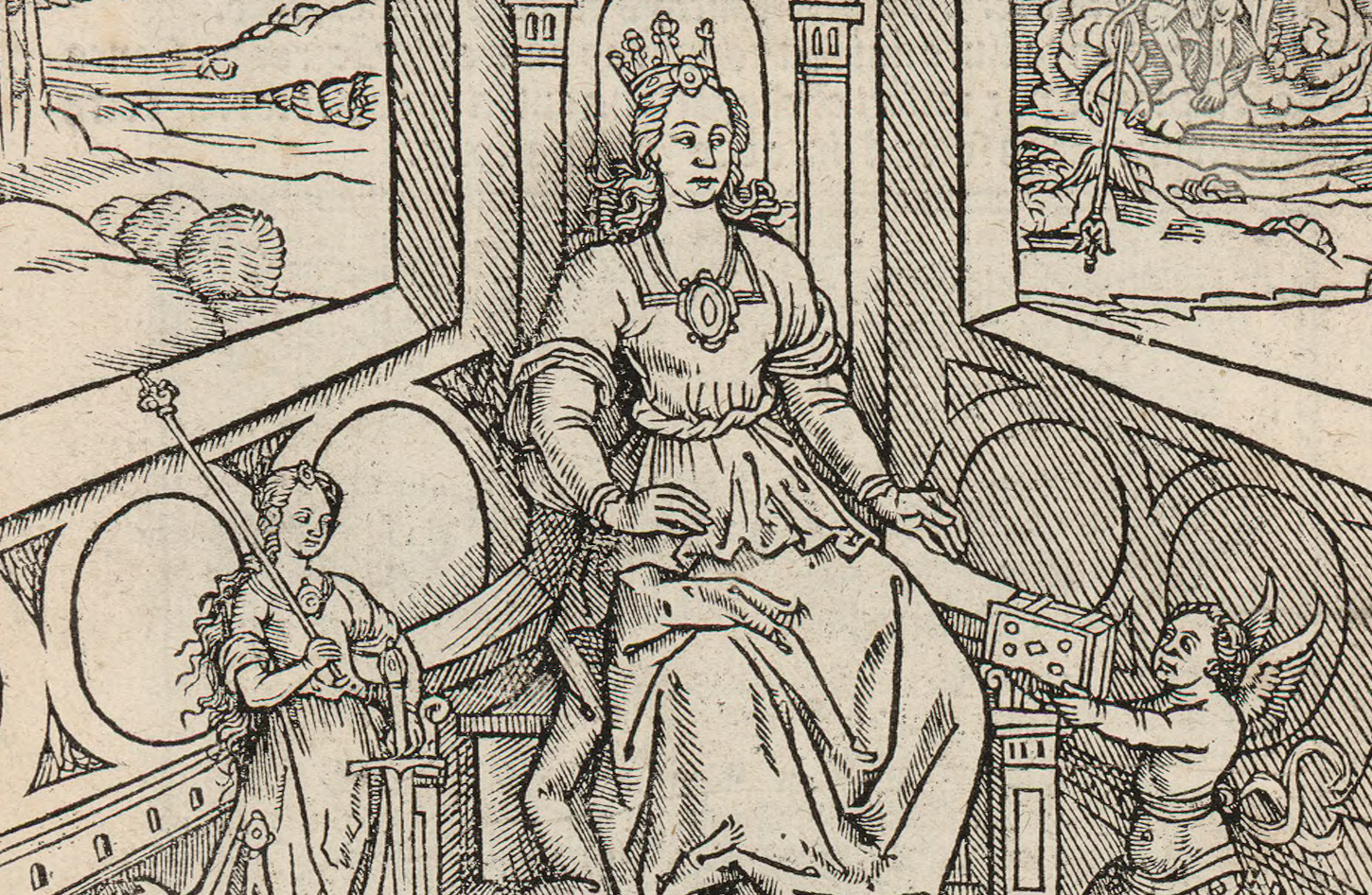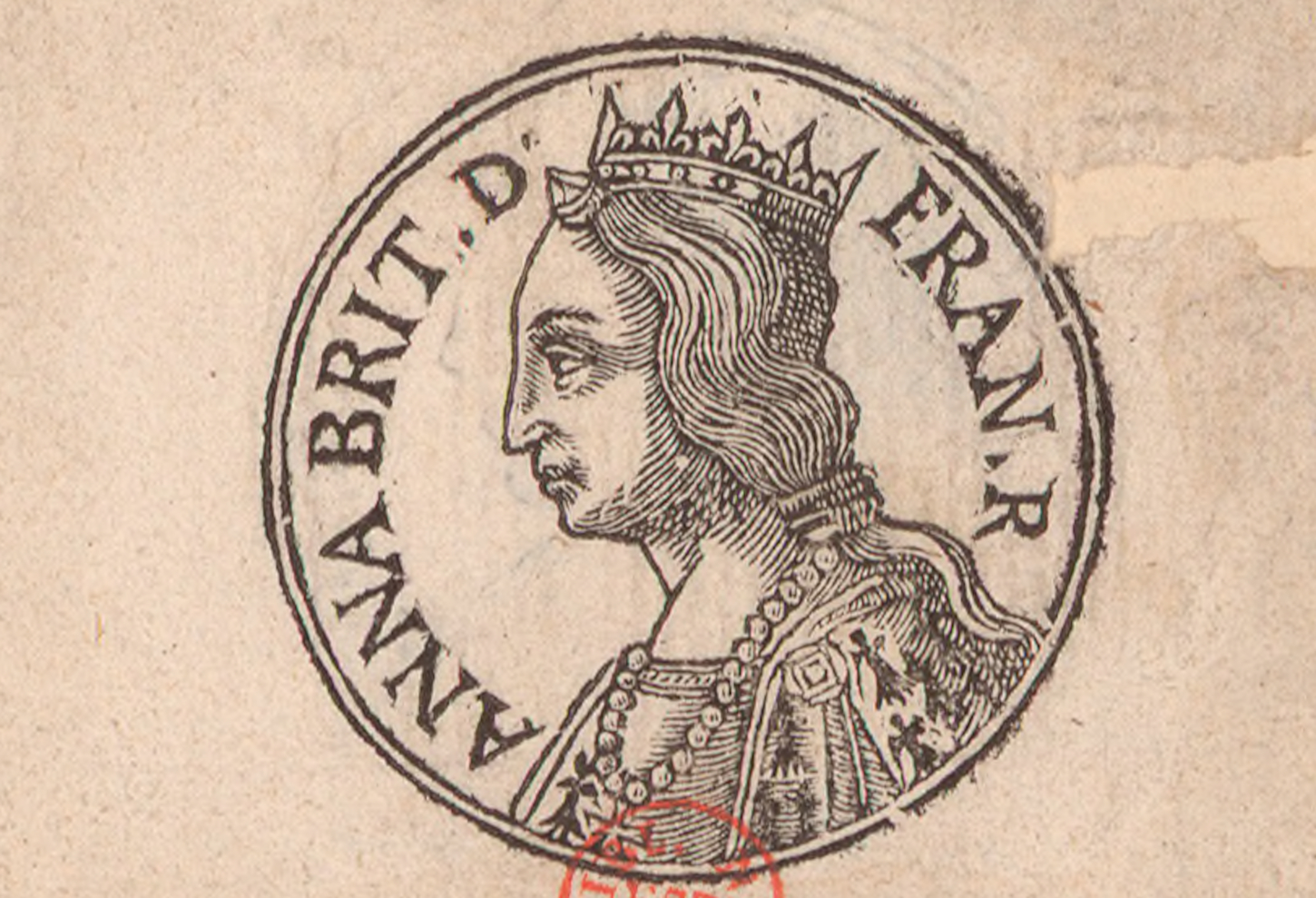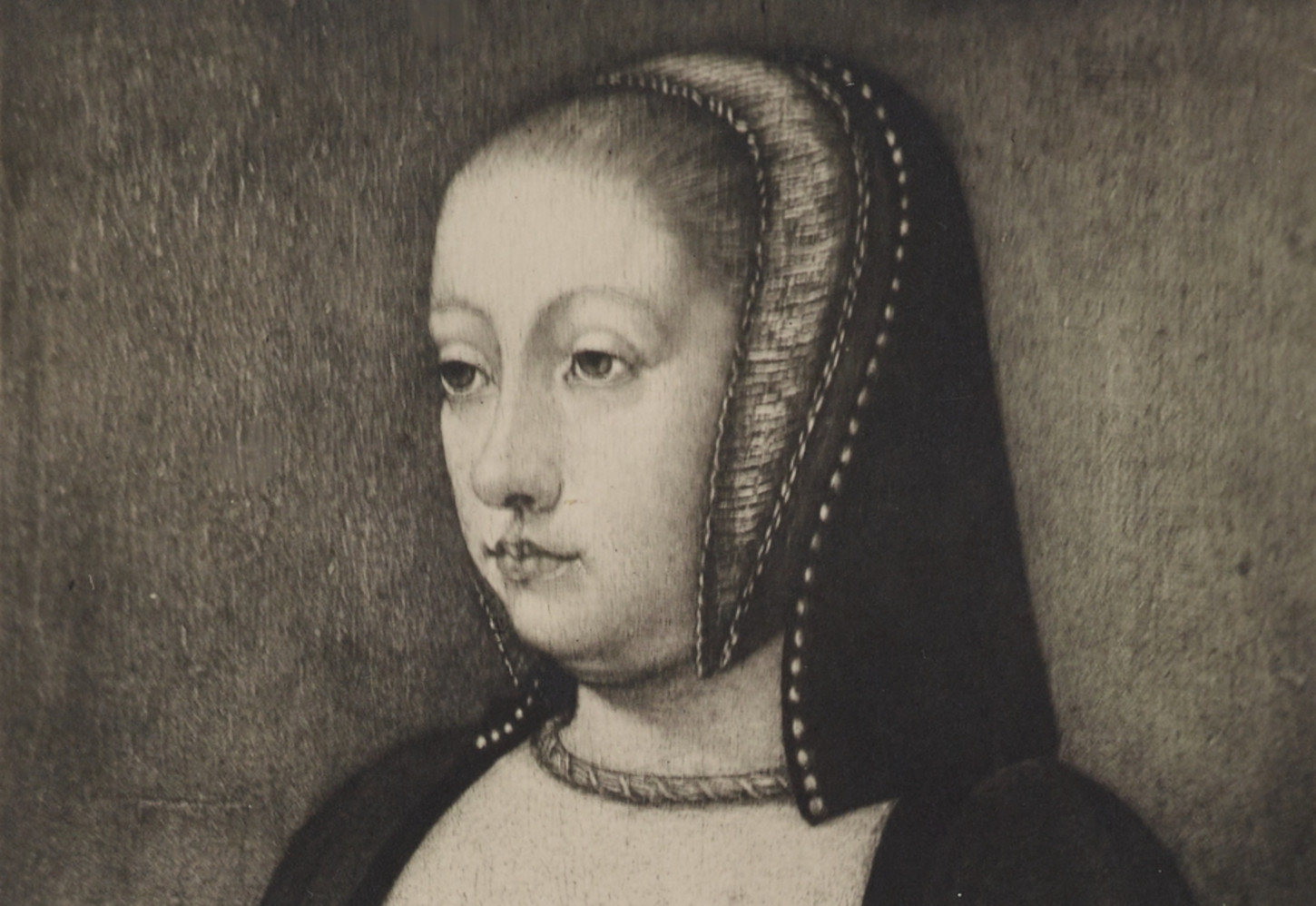Anne was the eldest daughter of the last Duke of Brittany, a prosperous and quasi-independent country with a similar population to kingdoms such as Portugal and Scotland. She was the Duchess from 1488 to 1491, and during the three years of her reign, she was confronted with two invasions led by the King of France. At the age of eleven and still a child, she successfully refused a forced wedding with one of the great lords of the time, already demonstrating exceptional will and firmness. The Duchy was invaded and defeated in 1491. Anne, being besieged, accepted the personal sacrifice of marrying her enemy, King Charles VIII, compelled to do so in order to resolve the ongoing conflict and secure peace for her country and the west of the Kingdom. For nearly seven years, she was Queen of France, which was at that time the largest and the most powerful Kingdom in the Christian world. Anne quickly fulfilled all the expected roles of a queen: bearing a son for the Kingdom (who would die at the age of three) as well as being a model of virtuosity and piety.
A stateswoman
Widowed due to the sudden death of Charles VIII in April 1498, she immediately asserted her sovereignty over the Duchy of Brittany. She succeeded in having it recognized, both by the Breton lords and the new king of France, Louis XII. Anne subsequently agreed to marry the latter, with the two sovereigns successfully aligning State matters and their personal feelings (they loved each other dearly, as was repeatedly reported by the Italian ambassadors). The widow queen nonetheless imposed all of her political conditions. Primarily, the marriage contract stipulated that the Duchy of Brittany would remain autonomous (passing it on to one of the younger children, therefore remaining different from the future king of France). The Queen-Duchess indeed behaved as a stateswoman.
 Conjointly with Louis XII, Anne of Brittany administered her Duchy (she visited it at length in 1505). However, her political project to perpetuate Brittany's autonomy was unsuccessful, as despite giving birth ten times, the only two children who made it into adulthood were women. Moreover, Anne of Brittany did not manage to prevent her eldest daughter, Claude of France, from marrying the heir to the French throne, François I, consequently making the unification of the Duchy and the royal domain possible.
Conjointly with Louis XII, Anne of Brittany administered her Duchy (she visited it at length in 1505). However, her political project to perpetuate Brittany's autonomy was unsuccessful, as despite giving birth ten times, the only two children who made it into adulthood were women. Moreover, Anne of Brittany did not manage to prevent her eldest daughter, Claude of France, from marrying the heir to the French throne, François I, consequently making the unification of the Duchy and the royal domain possible.
A cultural and political influence
Throughout her second reign, the queen exerted a great deal of influence in the cultural and political fields because of the power she held, thanks to her numerous letters and frequent voyages. Her significant income (particularly thanks to the dower from her first marriage) and her own wealth led her to engage in patronage and philanthropic activities. The magnificent marble tomb she built for her parents in Nantes, sculpted by Michel Colombe, demonstrates her filial piety. She was a patron of poets (Jean Marot), painters (Jean Bourdichon) and musicians (Jean Mouton and Antoine de Févin, whose polyphonic pieces can still be heard to this day, some of which are sublime). The love songs by Claudin de Sermisy, one of her church singers, indicate that she might have sometimes enjoyed more salacious works. However, this did not prevent her from remaining particularly pious and encouraging the first attempts at reforming the clergy. Anne de Bretagne also upheld women's place by asking her confessor to write a Vie des femmes illustres (A Life of Illustrious Women).
Anne regularly corresponded internationally during her three reigns, including writing to consecutive popes, the kings of Spain, who were also her relatives, and various sovereigns. She even sent a suitor to become the wife of the King of Hungary (1502). Her daughters' wedding plans also led her to engage in diplomatic negotiations. In 1504, she supported the Archduke of Austria, ruler of the Netherlands, to negotiate the future marriage of her eldest daughter to his son (who later became Charles V). The treaty of 1504 stipulated that her daughter would have Brittany, Milan and Burgundy, which would notably diminish and weaken Louis XII's territory. He understood this immediately and decided the following year to marry his daughter to François, the heir to the throne.
The queen resented this French wedding project, and the Marshal de Rohan-Gié was disgraced for defending it. As a result of this revenge, historians have primarily accused her of having held a grudge. The 1504 treaty is hard to understand from the point of view of French interests, especially for historians before 1914, who feared an invasion of France and thus criticized Anne for being a bad Frenchwoman. In fact, France was at its apogee and all-powerful in Europe at the time of the treaty. The King and Queen merely wished to secure lasting peace with the House of Austria by resolving the dispute over Burgundy. One might believe that such a project was utopian, but as peacemakers, their efforts should albeit be recognized. In 1513, when the Kingdom was threatened with an invasion, Anne played a "decisive" role in arranging a truce with the King of Spain, the first step towards peace which was concluded a few months after her death.
Anne's funeral ceremony displayed great pomp. The tales that spread about her funeral indicate that her death caused great emotion, even abroad, brought about by her personal influence and her peace-building efforts







